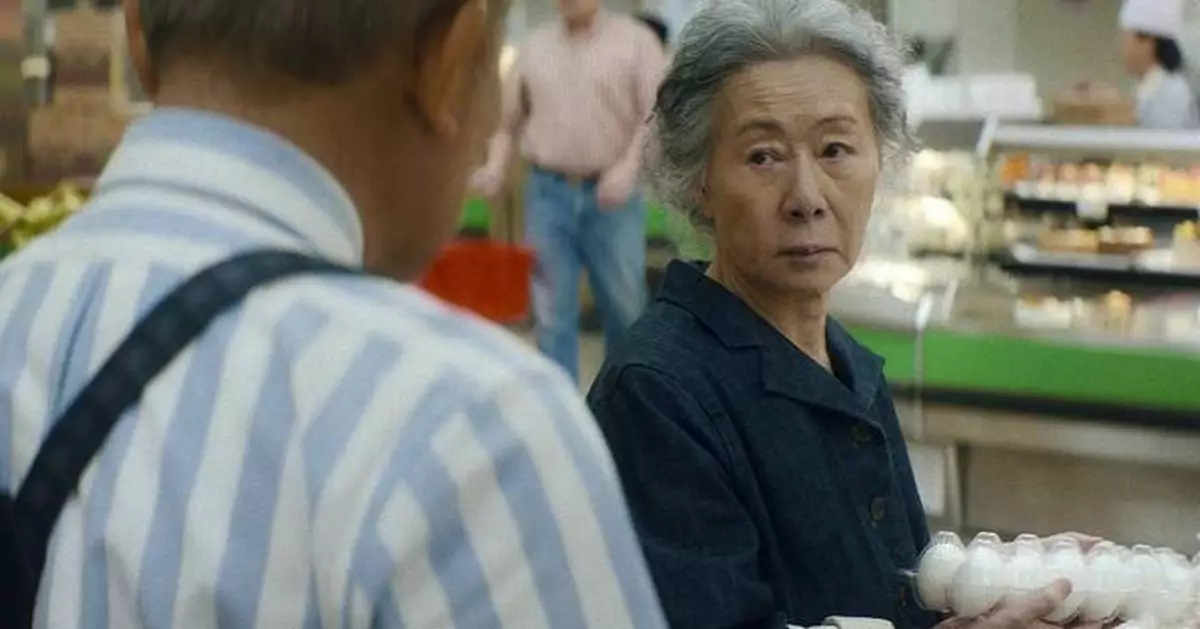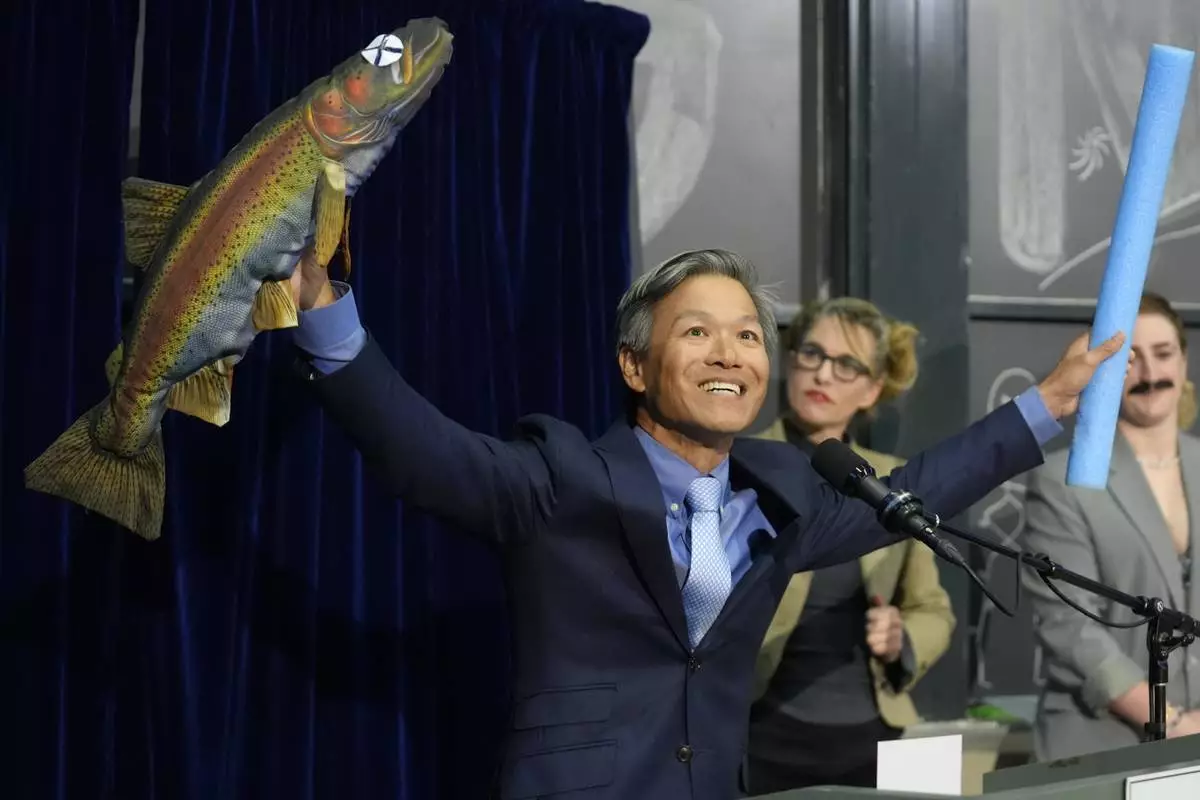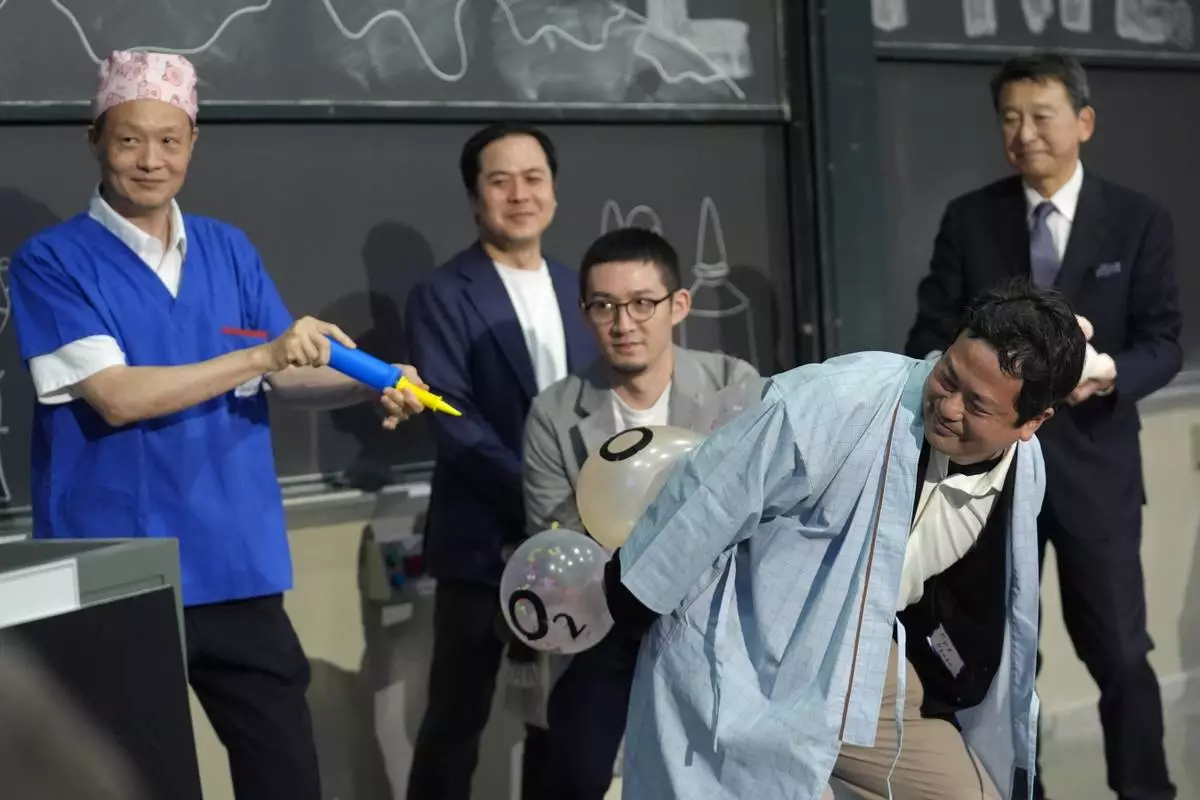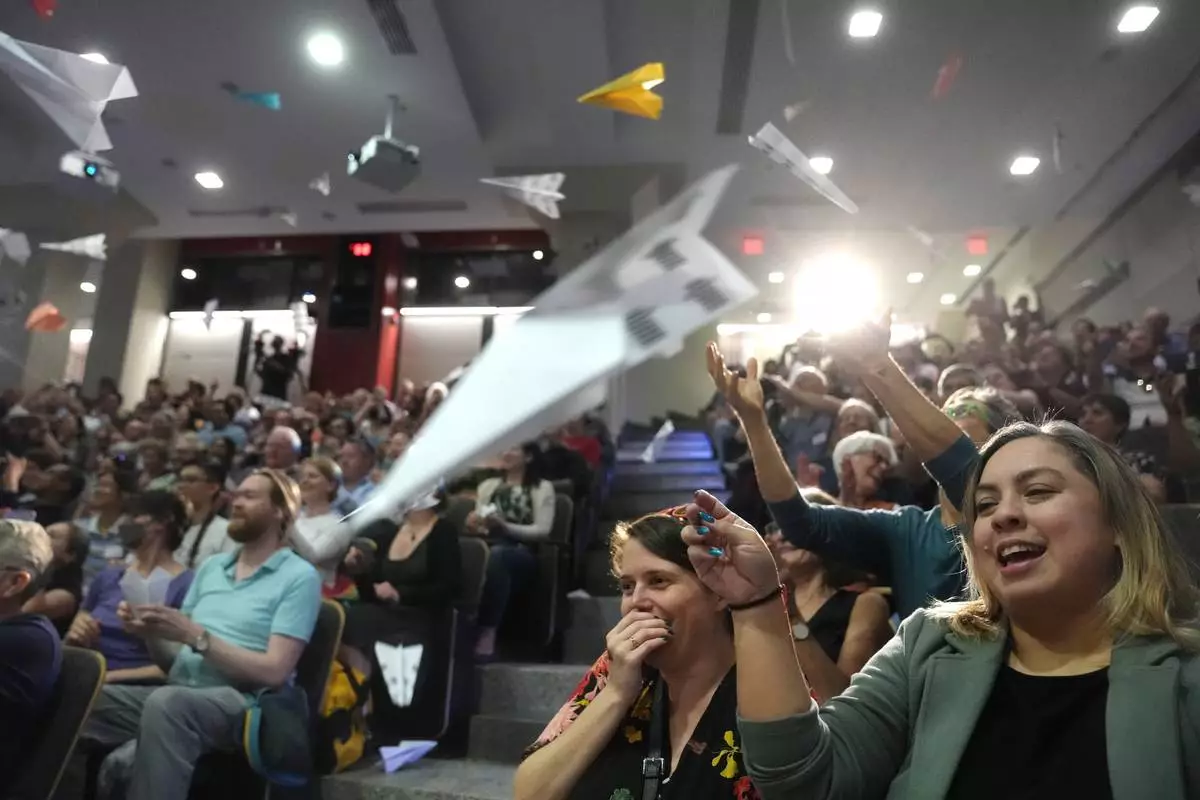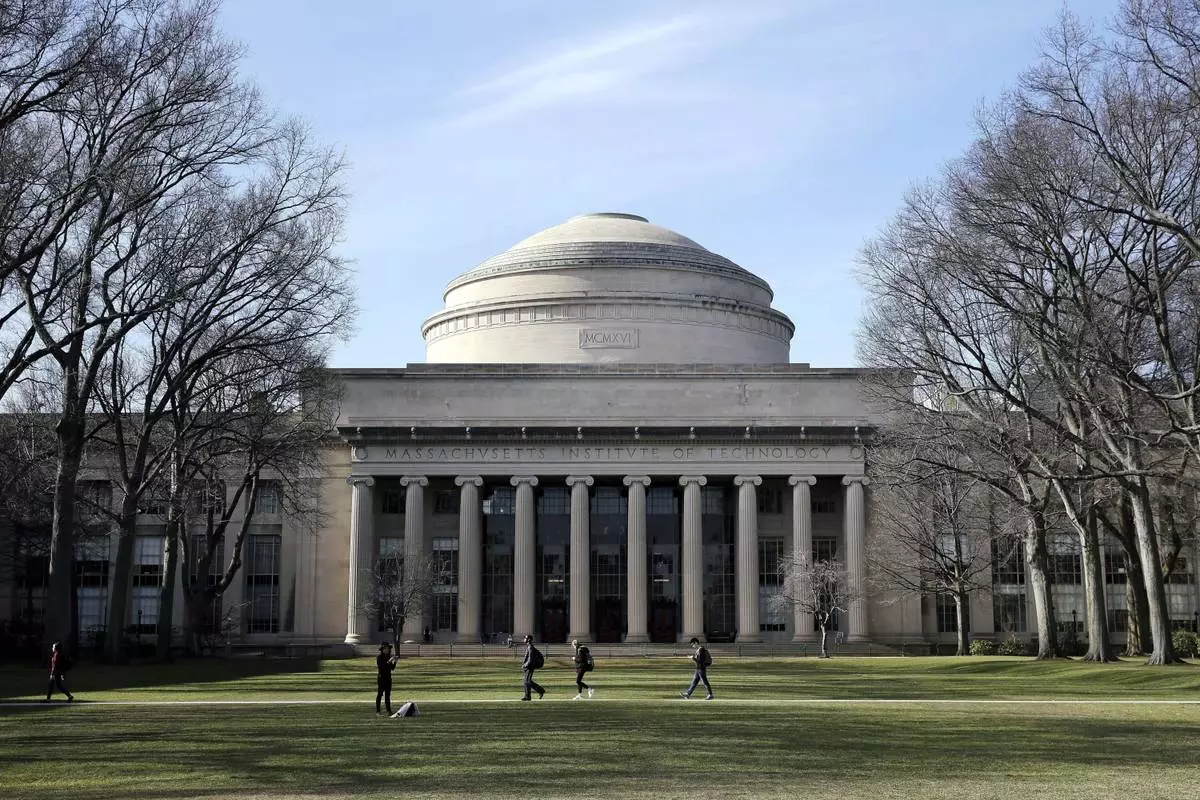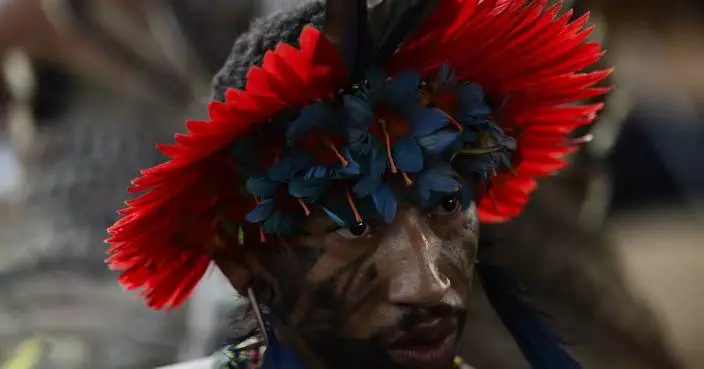SEOUL, South Korea (AP) — The second season of “Pachinko,” opening Friday, delicately captures the plight of ethnic Koreans brought to Japan during colonial rule and their descendants, exploring themes of home and identity through several generations.
The award-winning series, based on the New York Times bestselling novel, returns to Apple TV+ with eight episodes that follow four generations of an immigrant Korean family living in Japan since before World War II. The star-studded cast includes Oscar-winning actor Youn Yuh-jung and Korean actor Lee Minho.
Many ethnic Koreans were brought to Japan, often forcibly, to work in mines and factories during the country’s 1910-1945 colonial rule of Korea. They were treated as second-class citizens and faced discrimination, which the series portrays.
Youn, who plays the older version of protagonist Sunja, said she was largely unfamiliar with the situation of ethnic Koreans in Japan — known as Zainichi Koreans — before she spoke with actor Soji Arai, who plays Mozasu, the son of her character. Arai was born into an ethnic Korean family in Japan.
“It broke my heart and I cried inside because I felt so bad after hearing about their stories,” Youn told The Associated Press.
The second season continues Sunja’s story as she struggles to feed her sons Noa and Mozasu during the war.
In the series, ethnic Koreans face discrimination generation after generation. In one episode, a Japanese worker at a wartime Nagasaki factory refers to his Korean colleagues as “roaches” that “keep multiplying.”
Decades later, Sunja's grandson Solomon nearly explodes at a Japanese store clerk whom he thinks is showing discrimination over his grandmother's Korean heritage. He senses that discrimination will follow him even after attaining academic and professional credentials.
The series is in Japanese, Korean and English with subtitles and is based on Korean-American author Min Jin Lee's novel, titled after a Japanese game played in arcades where ethnic Koreans often worked in jobs typically shunned by Japanese.
Youn said she portrayed Sunja as “intimidated, scared and feeling small,” believing discrimination is her fault due to endless exposure to it. Youn added that she has felt similarly in her own life, having an “inferiority complex” over her struggles with the English language.
Around half a million ethnic Koreans sill live in Japan. Although many have become naturalized Japanese citizens, about half a million have not and are officially considered foreigners.
Executive producer and showrunner Soo Hugh said she was “nervous” about how the show would be received among Zainichi Koreans, but that she was happy to learn that it had resonated “really emotionally."
“This is their story,” she told the AP, adding that she had to unlearn previous history education to understand “from the point of view of the people on the ground,” including those in Nagasaki.
When Youn was asked if she was concerned about playing a role in a series touching on sensitive parts of East Asian history, Youn said no. “We are talking about the past,” she said. “I am not a politician, so it doesn’t matter to me.”
Hugh said the series gradually transitions from the family’s day-to-day survival to answering big questions about their shifting identities: “What does it mean to live a good life ... knowing that Japan is now my home?”
These are familiar questions to Hugh, who is Korean American.
“So many Korean immigrants come to America and think, ’We’ll make a better life, but I’m not going to die in America because Korea is my home. ... You know, a year goes by, then a year, another year, and then another year,” Hugh said.
“It must feel really sad to know that you’re not going to die where you want to die. And that’s, I think, something so many of our characters confront in this show," she said.
Youn said that people will always carry their identity with them despite circumstances. “I see many people who try their best to erase (their Korean identity),” she said. “I really don’t like that. There is no need to do that.”
“Pachinko” season two is available on Apple TV+ platforms.
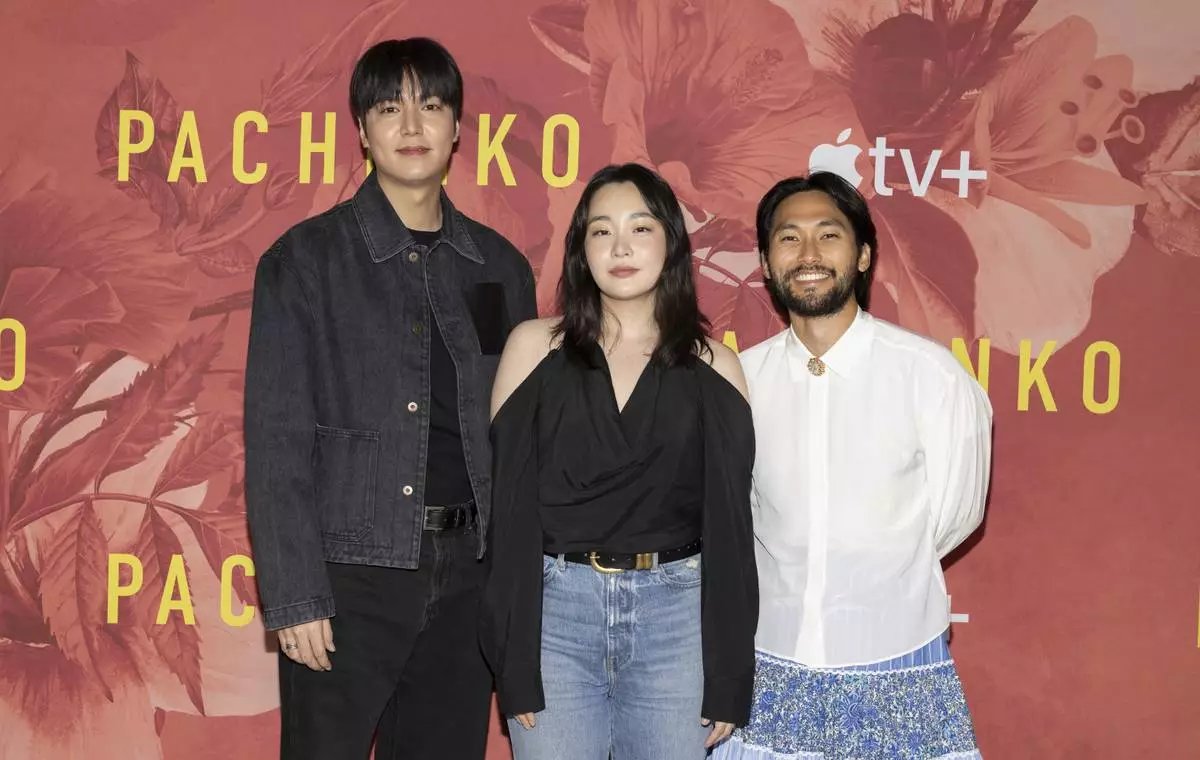
Lee Min-ho, from left, Minha Kim, and Jin Ha participate in the Apple TV+ drama series "Pachinko" season two cast photo call at The Whitby Hotel on Tuesday, Aug. 13, 2024, in New York. (Photo by CJ Rivera/Invision/AP)
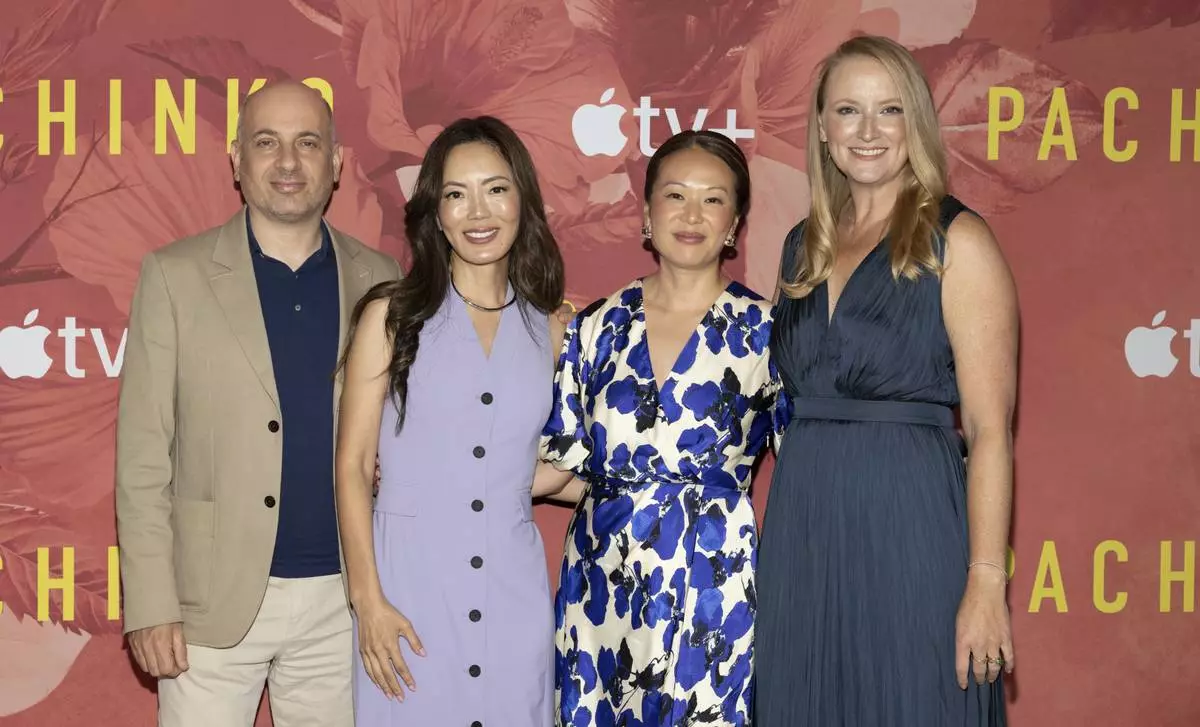
Michael Ellenberg, from left, Theresa Kang, Soo Hugh, and Lindsey Springer participate in the Apple TV+ drama series "Pachinko" season two cast photo call at The Whitby Hotel on Tuesday, Aug. 13, 2024, in New York. (Photo by CJ Rivera/Invision/AP)
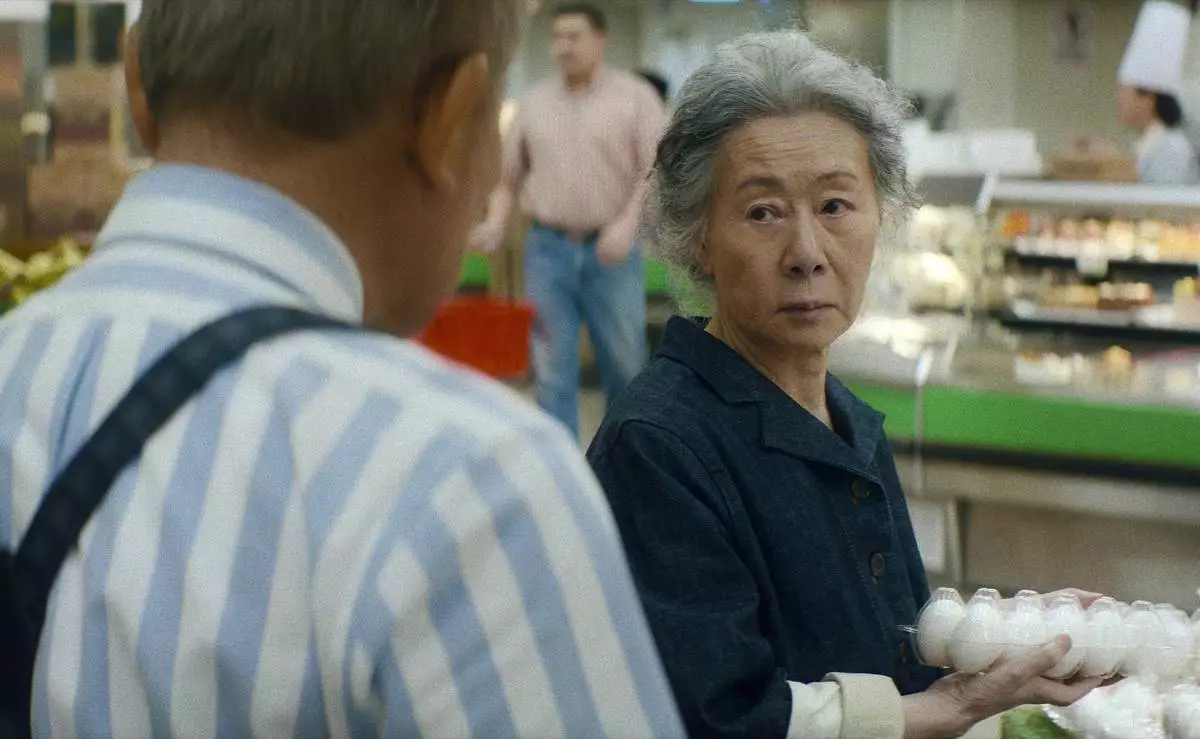
This image released by Apple TV+ shows Yuh-Jung Youn in a scene from "Pachinko." (Apple TV+ via AP)


